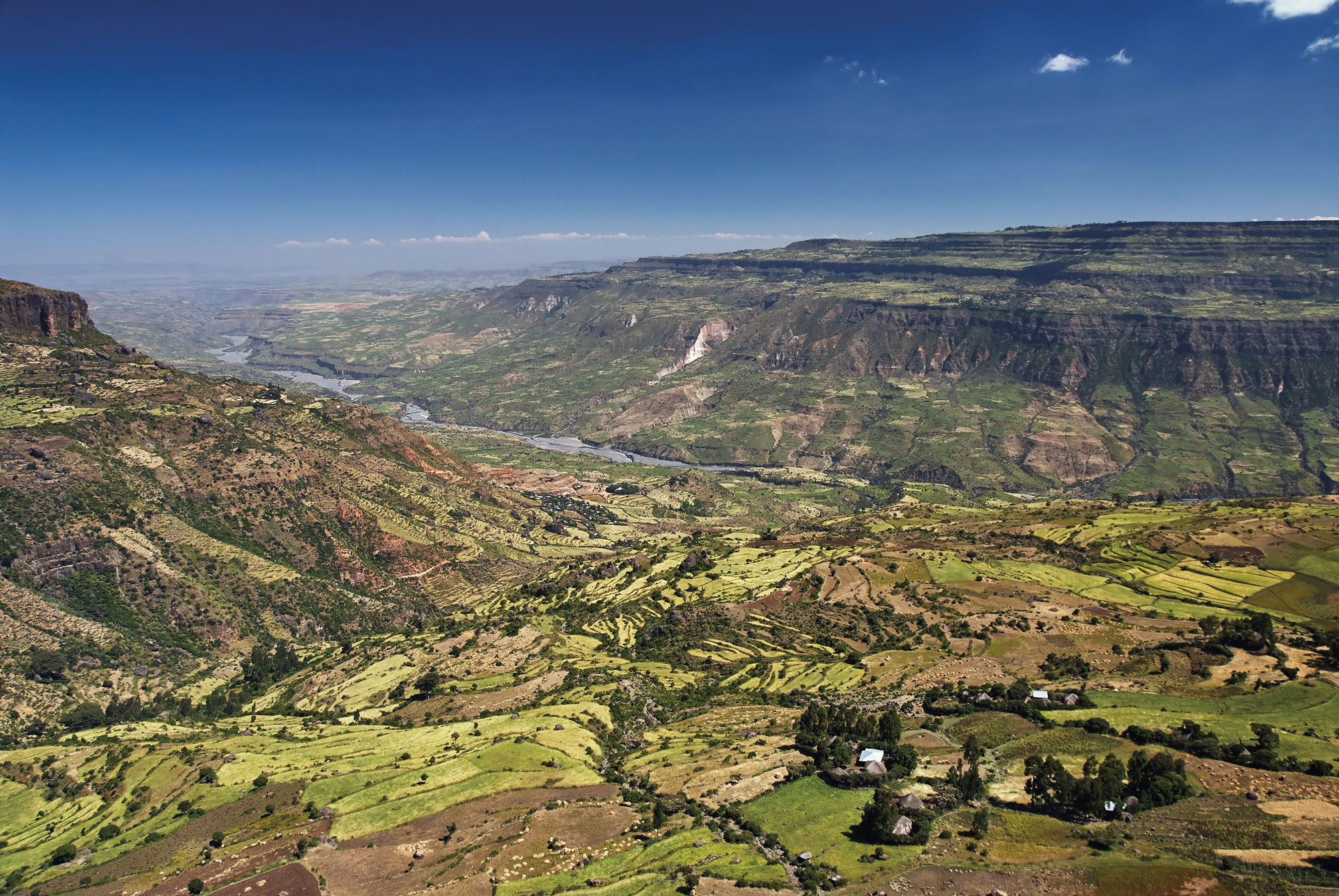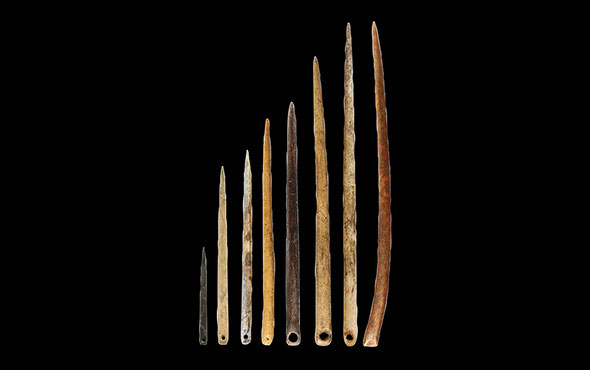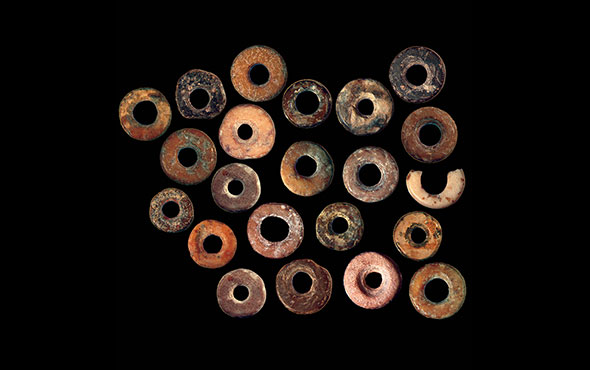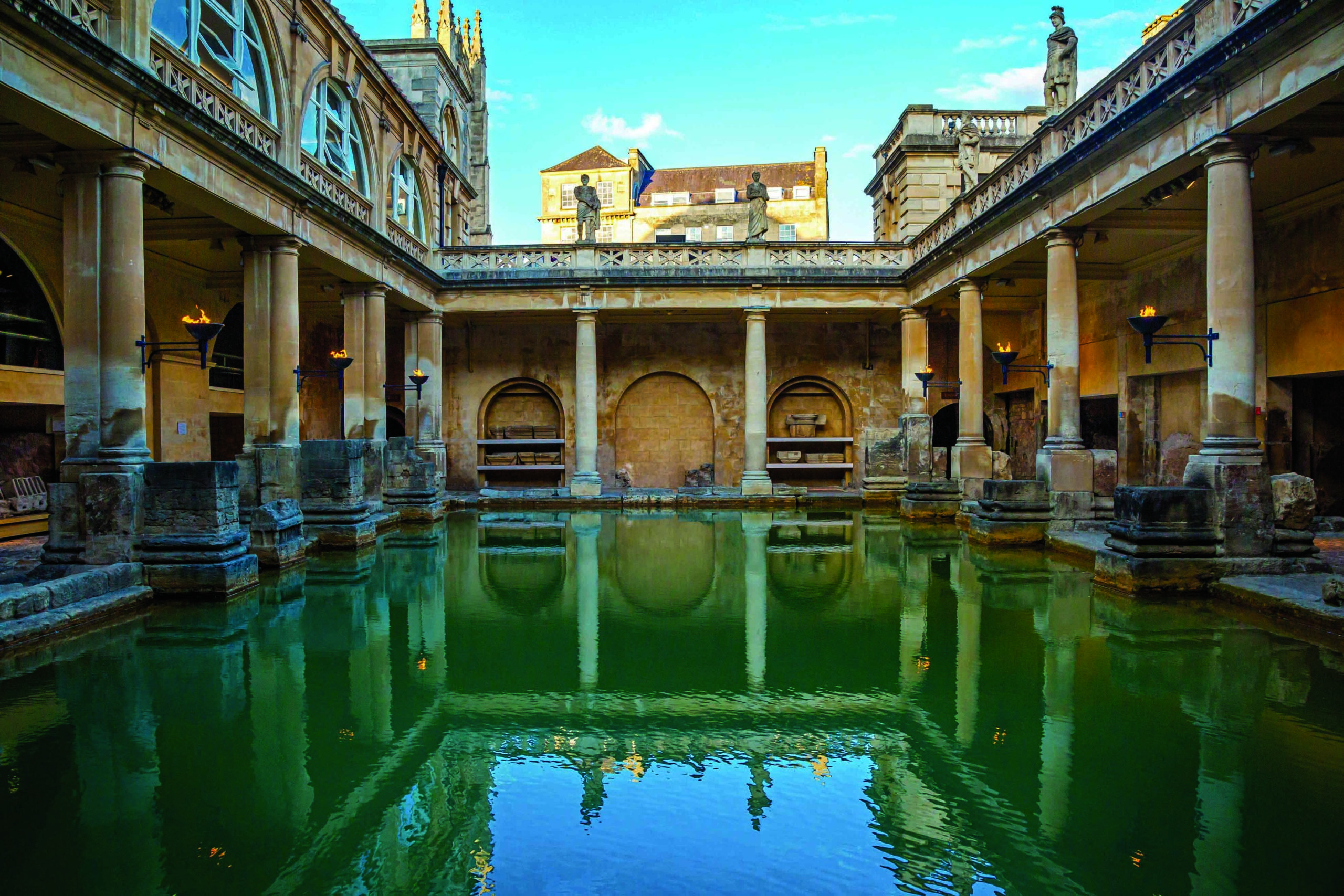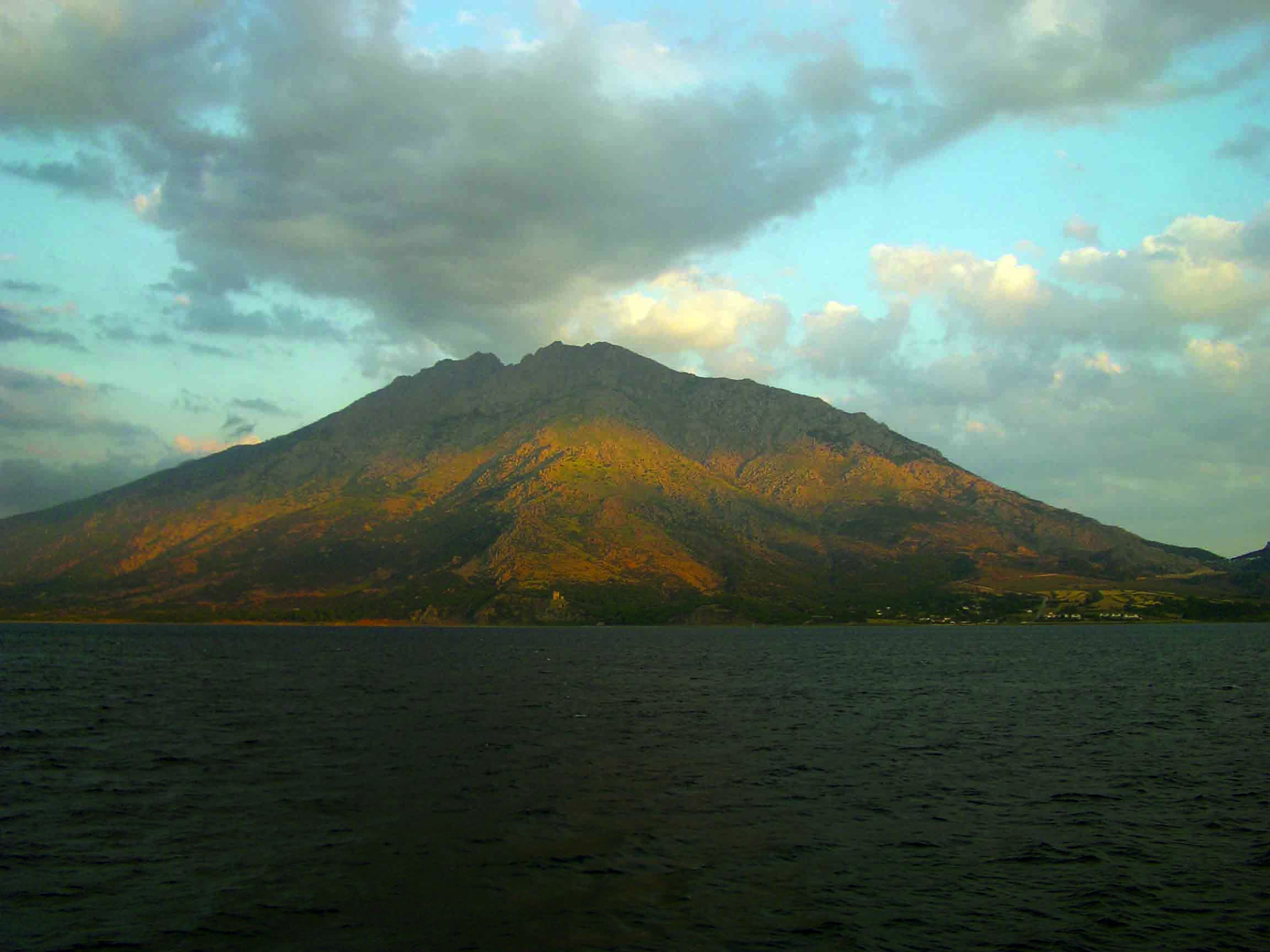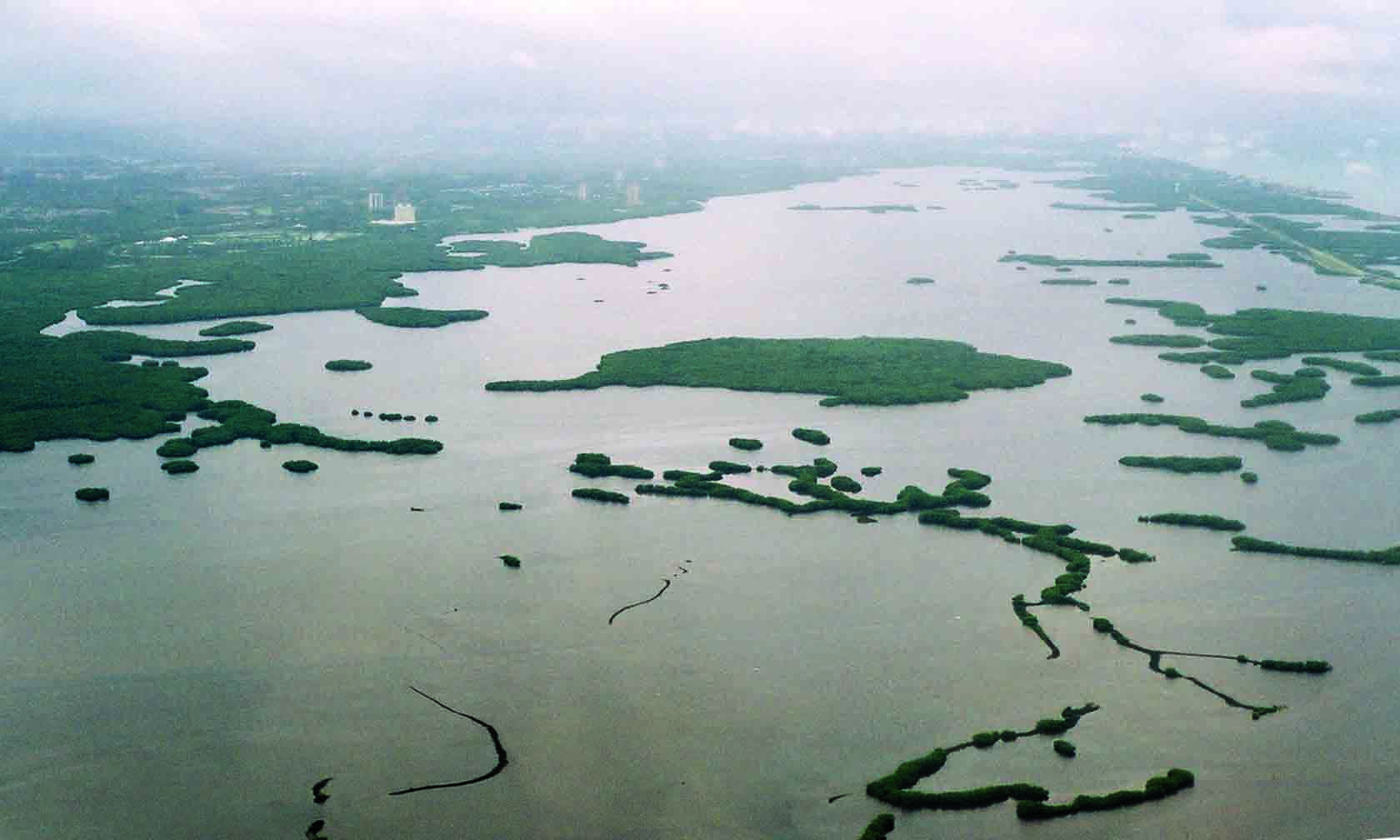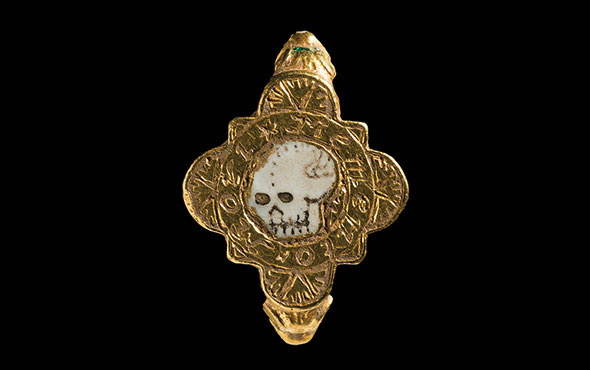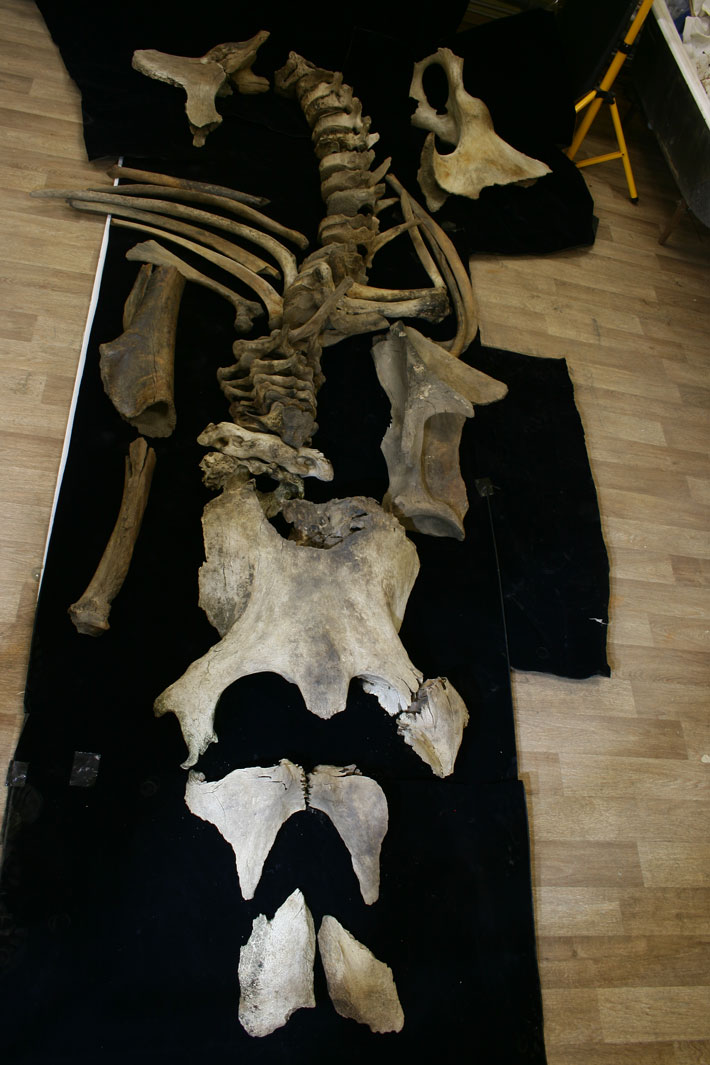
NOVOSIBIRSK, RUSSIA—Live Science reports that the butchered remains of a mammoth have been unearthed on Kotelny Island, which is located off the northern coast of East Siberia by a team of researchers led by Alexander Kandyba of the Siberian branch of the Russian Academy of Sciences. When the animal was killed some 26,000 years ago, sea levels were lower and what is now Kotelny Island was part of the mainland, Kandyba explained. The team members found cut marks and notches made by stone or bone tools on almost every one of the two-thirds of the mammoth skeleton they recovered. They did not recover any of the butchering tools, but they did find a small spatula and another unidentified item carved from the mammoth’s tusks, in addition to ivory shavings and chips. “The discovery of this site makes it possible to move the northern border of the existence of ancient man and the development of the territory by him in the Pleistocene by almost 600 kilometers [370 miles] to the north,” Kandyba said. To read about a mammoth pelvis unearthed in Michigan, go to "Leftover Mammoth."



